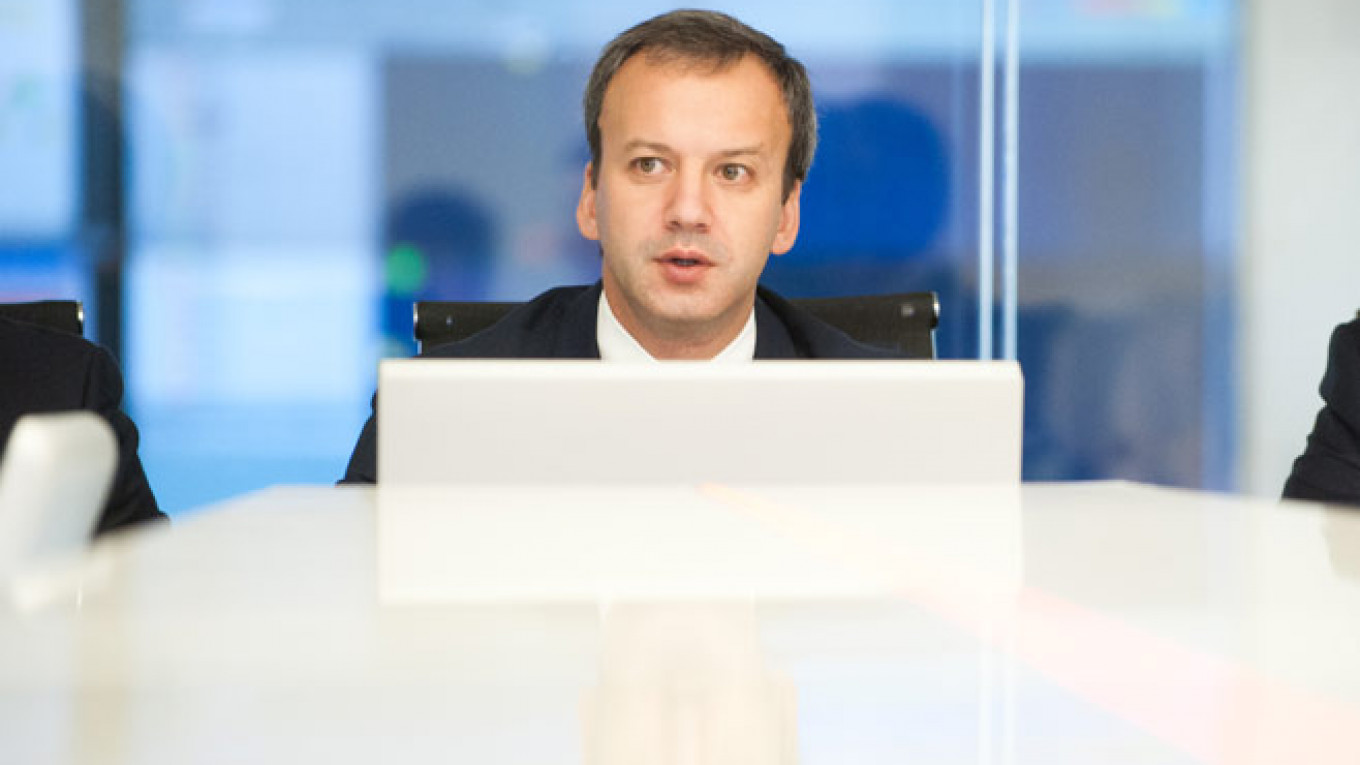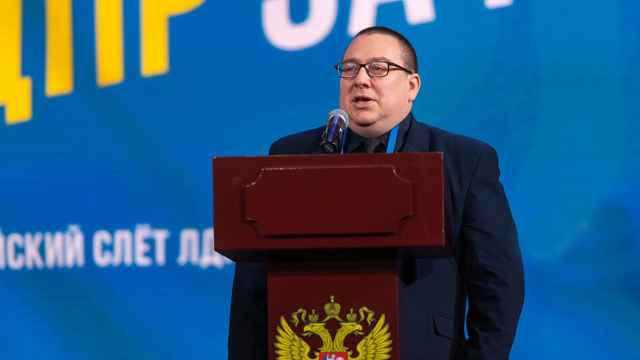Russian oil production could fall by up to 10 percent if world prices stay consistently low for a long period, Russian Deputy Prime Minister Arkady Dvorkovich told the Reuters Russian Investment Summit on Tuesday.
But he said it was unlikely that prices would drop below their current level, of around $48 per barrel, for a sustained period because it was not in the interests of most oil producers to endure low prices for more than two years.
"We calculate the budget based on a price of $50 a barrel," Dvorkovich said at the summit, held in the Reuters office in Moscow.
"If prices remain at a low level for a very long time, then a reduction in production of 5-10 percent is entirely possible, that is if the prices stay at a low level for several years," he said.
He said the government would not take artificial steps to reduce output, but that a reduction would be the natural consequence of low prices for oil companies' investment plans.
Despite a sharp fall in prices, Russia has refused to cut production. It has instead maintained and even increased crude output, putting up with low prices in the hope it can increase its own share in the world oil market at the expense of others who cut back their output.
Asked about the prospect of a further fall in oil prices, Dvorkovich said: "Low prices for an extended time are not in the interests of the majority of producing countries, therefore that scenario is unlikely."
"We understand that some people can wait under low prices — some for one year, others for two, but we don't see countries that want to live with low prices for more than two years."
He said Saudi Arabia, the world's biggest oil producer, could technically afford to endure low prices for longer, but that even it would have to cut back investment in new production, threatening its position as market leader in the long term.
Even if Saudi Arabia held out, in the meantime other countries would be forced to cut production, Dvorkovich said, pushing prices back up again before Russia reached the point where it too would have to cut.
A Message from The Moscow Times:
Dear readers,
We are facing unprecedented challenges. Russia's Prosecutor General's Office has designated The Moscow Times as an "undesirable" organization, criminalizing our work and putting our staff at risk of prosecution. This follows our earlier unjust labeling as a "foreign agent."
These actions are direct attempts to silence independent journalism in Russia. The authorities claim our work "discredits the decisions of the Russian leadership." We see things differently: we strive to provide accurate, unbiased reporting on Russia.
We, the journalists of The Moscow Times, refuse to be silenced. But to continue our work, we need your help.
Your support, no matter how small, makes a world of difference. If you can, please support us monthly starting from just $2. It's quick to set up, and every contribution makes a significant impact.
By supporting The Moscow Times, you're defending open, independent journalism in the face of repression. Thank you for standing with us.
Remind me later.






